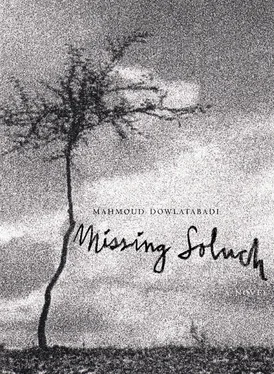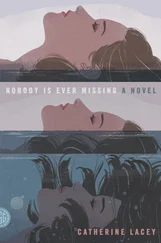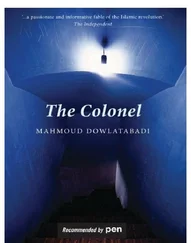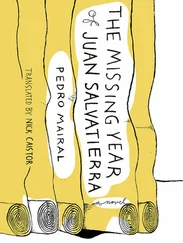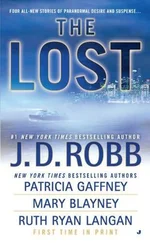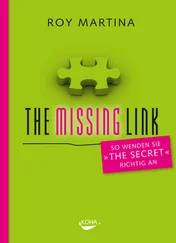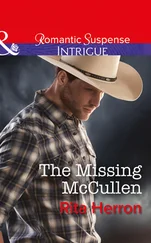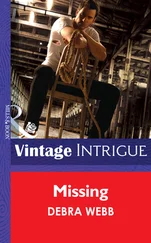Even with the most cold-hearted of people, when they are drawn to hit a beast in a moment of rage, there is still a sensation of pity that twinges in their heart. So usually a moment of realization will compel them to step back from their own wild violence. One sees villagers and camel herders or shepherds who, just after they have beaten an animal with a chain or stick or even rake or shovel, will begin to talk to the animal. They may shout at it, if only to give a reason or justification to the donkey or cow or camel for why they were drawn to lose control and take up violence, saying, “How else can I get it into your head, you beast?”
But in this case, the unequal clash between the old mare and the black camel had closed the door of pity in Abbas’ heart. Abbas only knew that the black camel would have to be brought into line by force. So it was that he kept beating him with abandon, landing blow after blow upon his face and temple, like a rain of hail upon a black stone. Eventually the black stone cracked: the dark camel let go of the old mare’s neck, bellowing in anger, and turned his gaze to Abbas. The old mare drew herself to one side on her knees and lay on her side. Now Abbas had to draw the dark male away from the old mare. But the wild look in the camel’s eyes had frozen Abbas to his spot. The camel’s mouth was frothing and its eyes were fixed onto Abbas’ eyes.
Abbas was taken with fear. But he couldn’t back down. One can never give ground to an animal. You can never show fear or it will attack you, throw itself on you, destroy you. He had to gather his wits!
Abbas shook his stick once. He did it again. The camel was supposed to lower its head and walk away. This was what Abbas had hoped. But the camel stayed put, and even began to advance on him. It picked up speed. Abbas backed up, and kept moving back. It was all he could do. He’d heard that one should never show one’s back to a threatening camel. But this advice didn’t work in the open desert. He recalled hearing how Yargholi met his end. On the road between Damghan and Rey, a crazed camel attacked him and had ripped his arm clean off, right inside the Damghan caravanserai. He was about to be crushed beneath the camel’s hooves, but just as it was about to smash his bones, the other herders rushed in and pulled him out from under the beast.
But now? Where were the other herders? Their absence here could well be filled by death. It was death that was now approaching Abbas with long steps, in the form of the large black camel. He could no longer keep backing up while keeping his eyes on the animal. It was impossible to not turn his back on it. It was impossible. Impossible. He had to do something. He was at war. He roused himself and prepared for war. Face-to-face, he lay one blow on the camel’s neck. The animal reared and cried out. Abbas attacked again, parrying then backing off. The camel then came at the boy, full of anger. Abbas recalled the old saying “A camel is late to grow angry, but woe to him who conjures anger in a camel!” Putting out the lake of fire that is its anger is no easy task. It will only burn itself out in a torrent of hatred. Its anger is like a thunderstorm raining daggers. Only the desert itself can absorb such a thunderstorm; but a single man, never. Escape. Now all he could do was run. He had to find a way to escape somehow. He needed an able body and quick feet. Be like the antelopes, Abbas! Run, run so fast as to leave even the wind behind. You’ll have to run along with the wind, quick and lightly, because the gallop of a camel itself has the speed of the wind in it. Because it’s death that is pawing at your back, now. And it’s you who are running in the shadow of death; if only you had four feet instead of two!
Abbas wished he were closer to the ruins of Shahmir’s old mill.
As he ran, he could feel the muzzle of the camel on his shoulder, as the giant shadow of the animal danced along his feet, rushing along the surface of the earth. Thirst. The moist breath of the camel was like the breath of a serpent that tickled the back of Abbas’ neck, hotter than the heat of any desert wind. His shoulder and neck were wet with spit from the camel’s mouth, but Abbas’ own sweat prohibited him from being able to sense it. There was only a single step between him and death. A single breath. But death, when it nears you, puts its body upon yours without your feeling it. That is the moment when life dangles along the border of two opposing forces. That is the moment when weakness overpowers, after the climax of a struggle. It’s the possibility of death that is so terrifying, not its actuality. And Abbas was already at the heart of death, and the intensity of fear had already drawn him to the climax of the struggle against it. He was now numb, and that fear that most often results in one’s surrender was put out from Abbas’ mind. There was no chance for him to even think, no chance for the kind of thinking that often leads one to surrender to the onset of death. For this reason, he could not even consider this possibility. Even to think, one needs a proper time and place. But Abbas could only run and run. This action was all that his body and soul would accept for him, and toward this end he deployed every ounce of power stored within his muscles and bones. His feet carried him on. The wind blew across an empty field, full of sunlight. Terror. Twigs and dried brambles. Winding shadows, the way of death in the approach of the camel. How unjust it is! A crazed beast grabs at the body of a man and knocks him with one hoof. The man falls. He tries to raise himself in vain, hoping against hope. But escape is impossible. His hope is in vain! The camel throws himself upon the man, dragging him beneath his chest. Just so he’s positioned directly beneath the bow of the animal’s chest. Then it crushes him, in such a way that as the sound of the man’s breaking bones are heard, and as he cries out from the pain of his pulverized limbs, and as the crazed animal cries out as well, he dies.
This was what Abbas was facing, what he could be facing at any moment. His destiny. Oh no! The camel grabbed at his shoulder. He shook his body in defense, but the camel’s teeth continued gripping his shirt and jacket. The flag of death was rising. Abbas sent the last of his strength to his knees, but it was already too late. The crazed animal was already like a tent above him. Now he grabbed at Abbas’ head. The crazed scream of a human echoed across the fields. The camel was about to lift him and to throw him to the earth when Abbas pulled his head from its jaws and fell to his knees. Now the camel’s hooves were upon him. Abbas slid and rolled like a snake on the ground. The camel dropped to its knees to try to grab him again in its jaws. This was Abbas’ last chance. He raised himself to his knees and drew his knife from his waistband. There was no other choice so as to end the battle. But to slaughter a crazed camel is not something any man can do on his own. Even the oldest and weakest camel of a herd needs to be tied down, and it takes six men with six lengths of rope around its limbs and body for the seventh to be able to slit the animal’s throat at the jugular. And this itself isn’t the end of the story. Even at this point the animal, in the throes of pain with its throat cut, can tear off the ropes holding it down and crush the men who are near to it. So what hope could there be for a single boy with no assistance and no rope to tie down the crazed animal to be able to defend himself with a single knife? To be able to slay the animal on the spot? To be able to kill it quickly and escape the death throes of the dying animal? Even if this camel is already struck by madness?
Abbas knew that he would have to thrust the knife directly into the jugular, just at the base of the animal’s chest. He would have to do it without hesitation, and plunge the knife in to its handle. But this usually is done with the camel in your control, not the other way around. But then this was a battle, not the slaughter of a farm animal. Customs and traditions were irrelevant and were replaced by instinct and emotion. Mergan’s son, his eyes swimming in sweat, with the sound of the sun beating in his head, began to stab at the animal hopelessly. He stabbed at its face, eyes, neck, and chest. The blade glinted in the crimson sun. His sleeve and shoulders and face were covered in blood. His nose, forehead, and eyes bloody. Drops of blood in the dusty sunlight. Streaks stained the earth, streaks on the dust, red reflections. The sunlight, the dirt, and the sand were purple and violet and yellow. The colors swirled together and yet also separated, pulled away from one another. Were not the earth and sky crimson from before? Breaths of air, breaths of wind blew. Wind, such a wind! A deed in one stroke, a battle in one blow. Beneath the camel’s neck. The jugular. A clean stab, directly in the hollow of the camel’s neck.
Читать дальше
